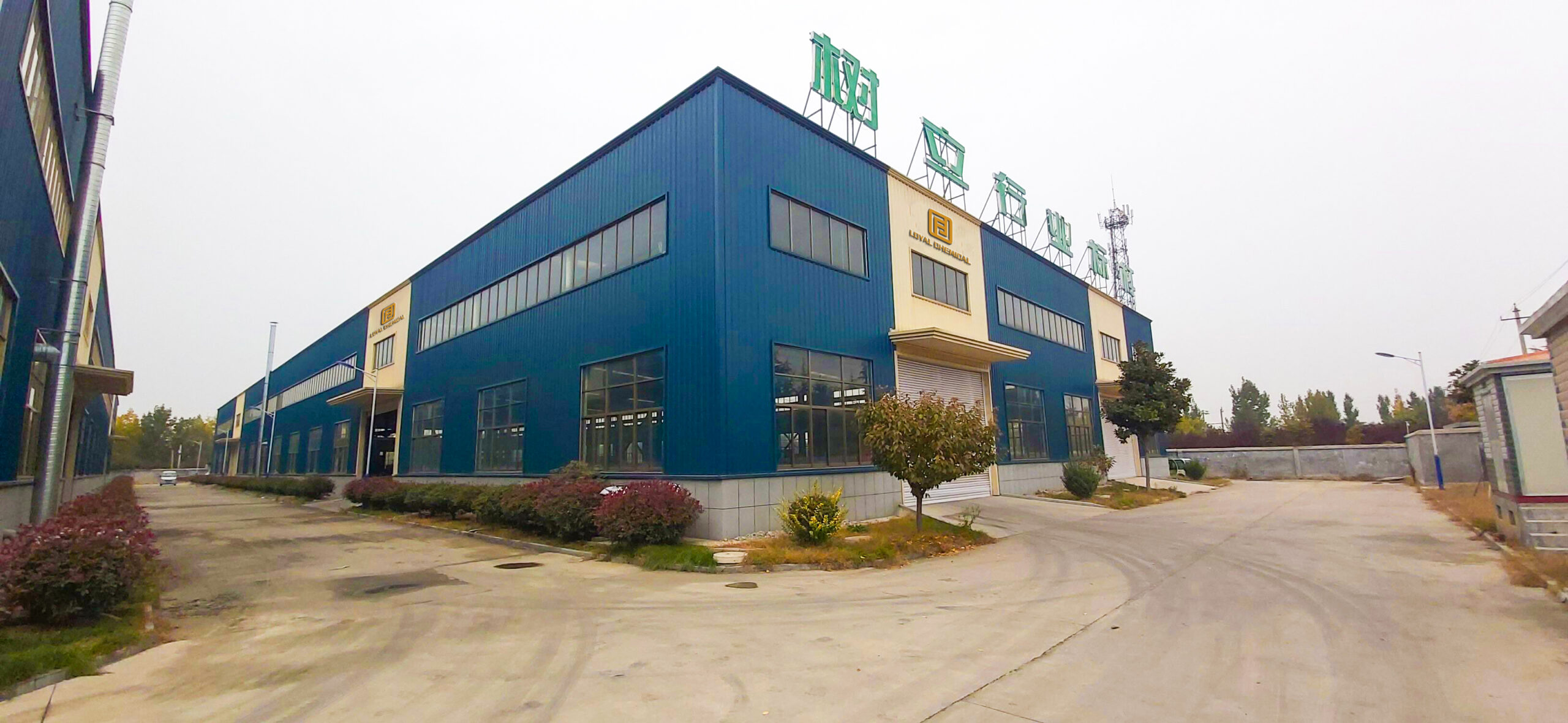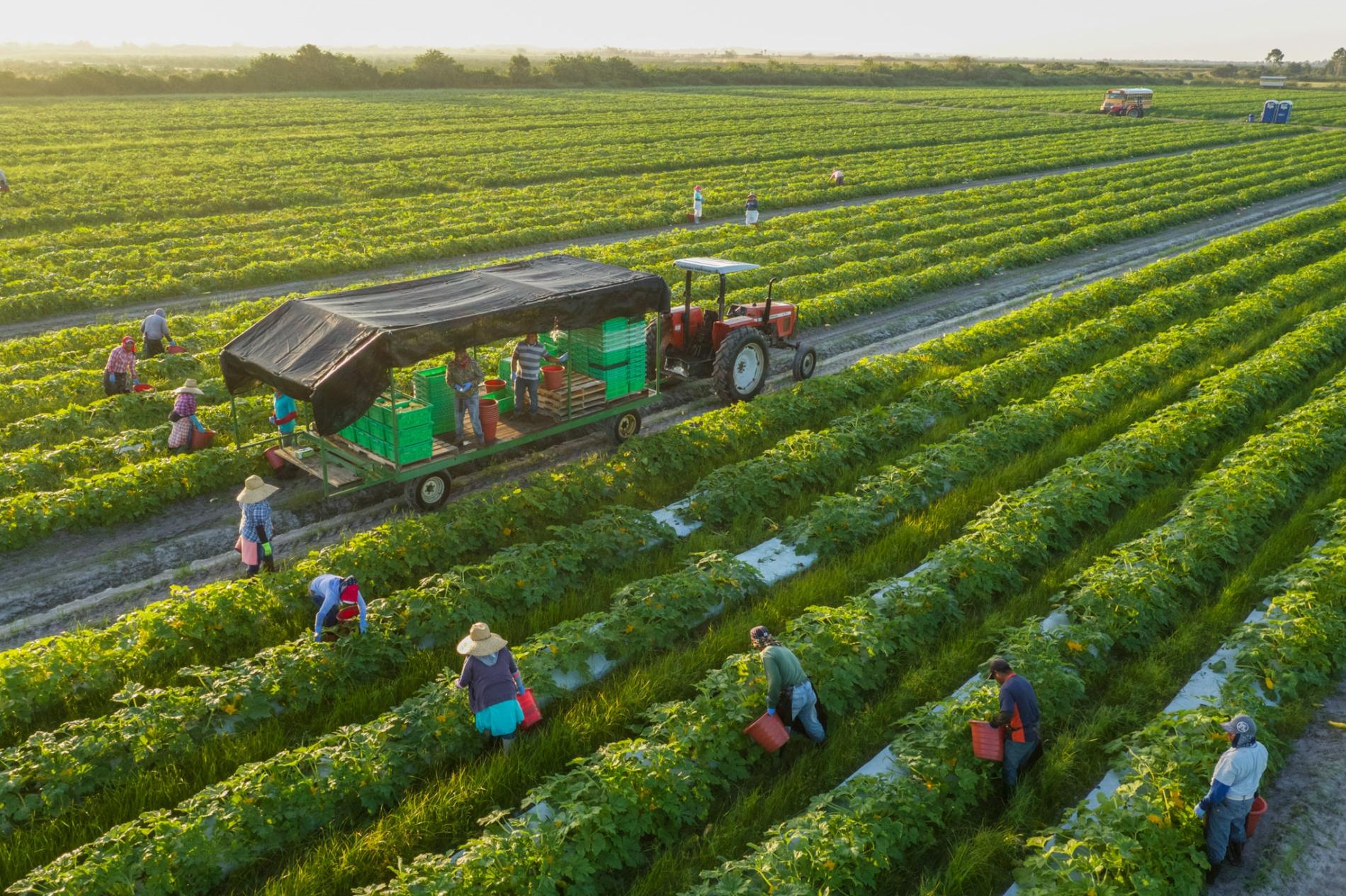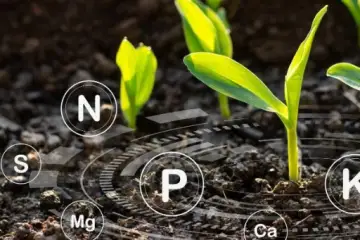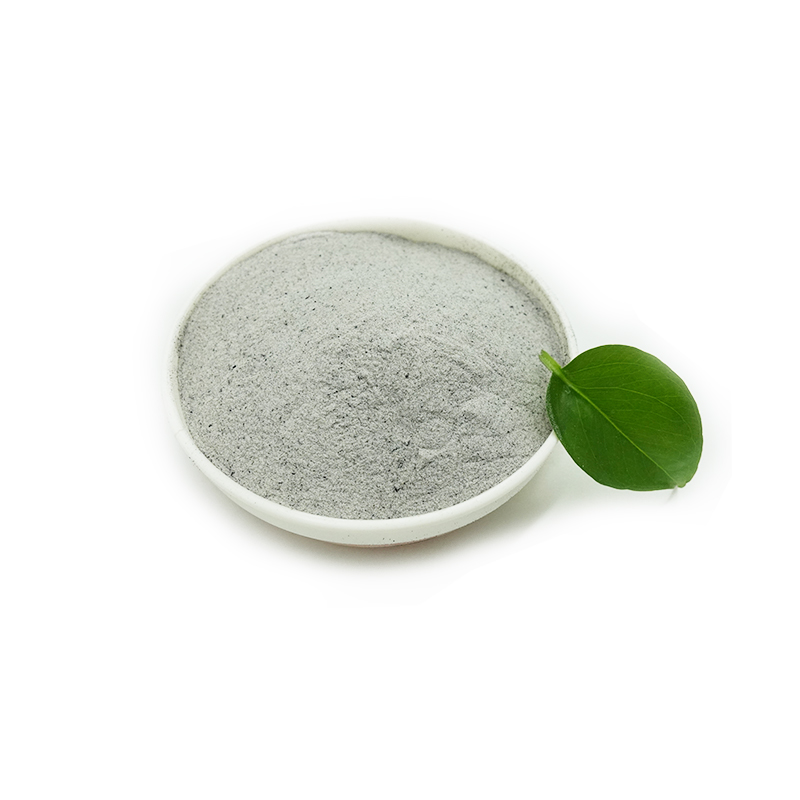Introduction to the Global Fertilizer Industry
Today, it’s hard to overestimate the role of the global fertiliser industry in increasing agricultural yields worldwide and securing food supply. Since the world’s population is still growing, looking for more effective and sustainable ways to grow crops is an important task for the whole mankind. fertilizer companies, which produce chemical fertilisers, are the heart of this industry. Their nutrients influence food products, making it much easier to cultivate them, as well as making them tastier and healthier.
Modern agriculture would be impossible without fertilizers. In one way, fertilizers replace the nutrients that crops take out of soil after each season of growth, making it possible to maintain the fertility of farmland over time. In another way, they dramatically increase crop yields: fertilizer is responsible for between 40 per cent and 60 per cent of the global food supply.
Besides selling fertilizer, fertilizer companies innovate agricultural science, inventing new products that increase crop yields while also enhancing ecologically sound farming, including low-carbon fertilisers such as slow-release compounds and organics that cut runoff and consequent need for on-farm pesticide applications.
Market share, global presence, investment in research and development, commitment to sustainability, would all come into play to narrow down the most leading and innovative fertilizer firms. These variables are significant as they define the potential for an industry giant to impact global farming methods, and ultimately lead the path towards more sustainable approaches for agricultural processes.
Here we explore what these four top global fertilizer companies, the largest by volume in the world, do and how they contribute to global farming. They are the leading companies for a reason. They not only lead in volume, but they also lead in technology and practices, how these might play out in the future of agriculture requires some discussion.

Profiles of the Top 4 Largest Fertilizer Companies
It is no big surprise that the world’s largest fertilizer companies are some of the biggest names in both fertilizer production and agricultural innovation. On 2014 capacity alone, in this article we introduce the top four largest fertilizer companies in the world.
SHANDONG LOYAL CHEMICAL CO., LTD
SHANDONG LOYAL CHEMICAL CO.,LTD is one of the major manufacturer specializing in various chemical products in Chinese asian Continent, such as some professional kinds of advanced fertilizer which could serve for diiferent(‘.?’) type of agriculture plant.
Innovative Approaches and Global Impacts: SHANDONG LOYAL is innovative in its development of high efficiency fertilizer, which are efficient to improve crop productivities, and environmentally friendly to promote sustainable farming in intensive agricultural regions of China and the world.
Nutrien Ltd.
Nutrien Ltd., a major fertilizer company with integral global operations and a full portfolio of products, is a leader in the production, distribution and sale of crop inputs worldwide. Headquartered in Saskatoon, Canada, Nutrien was formed by the combination of PotashCorp and Agrium in a merger of equals to create one of the world’s largest crop input companies. Given PotashCorp’s leadership in potash fertilizer and Agrium’s leadership in nitrogen fertiliser, the merged company has an integrated and highly complementary combination. Nutrien is an innovator of plant-based and sustainable crop nutrient solutions to grow our world.
Key Products and Contributions: Nutrien sells a wide variety of fertilizer products ranging from nitrogen-based fertilizers to phosphate and potash fertilizers. Nutrien is also at the cutting edge of so-called ‘precision agriculture’ technology, which involves the use of digital technology to help farmers control the use of fertilizers and other inputs for more sustainable, less expensive and higher yielding agriculture.
Yara International
Yara International, established in 1905, is a multibillion-dollar breed. Headquartered in Oslo, Norway, this conglomerate company’s scope encompasses: extensive research and development in the chemical field; work in fertilizer production and delivery; a dedicated plastics division; and a presence in global renewable energies market. It’s well known for high-quality but environmentally sensitive fertilizer products.
Market leadership and sustainability efforts: ‘Ranging from its fertilizer production, to its research and development activities, to its operations, Yara places a high emphasis on its sustainability.’ The Oslo-based firm is leading development of fertilizers that aim to enhance crop nutrition while minimising environmental impact. By reducing emissions produced from business operations, Yara has also created a selection of projects in an effort to use water efficiently and decrease its carbon footprint.
The Mosaic Company
Based in the US, Mosaic is a major producer of both phosphate and potash, two of the most important nutrients in plant development. It serves markets on the local and the international stage in food production.
Technological Breakthroughs and Green Efforts: Mosaic continuously works to advance agricultural science and technology. Improvements include custom fertilizer blends that deliver nutrients to crops and minimise environmental runoff waste. Land reclamation and water conservation are also key to Mosaic’s goal of pursuing sustainable practices.
In some ways, these companies aren’t just the largest by production or by market size but are also the most innovative: their trajectories will determine what kind of future global agriculture will look like, driving changes that will enable the industry to produce more and better food while at the same time ensuring it behaves in a less destructive way.
SHANDONG LOYAL CHEMICAL CO., LTD: A Case Study in Innovation
The key to SHANDONG LOYL’S success is its strong R&D wing which continually seeks to develop functional, slow‑releasing fertilizers with less environmental footprints. The company has been forerunners in products with slow ‑releasing and controlled releasing technology. A series of products have been developed with slow ‑releasing and controlled releasing technology. In this way, fertilizers are able to be rightly applied at right place right time breaking down gradually with having a constant supply for plants. The technology helps to keep the desired nutrients in crops themselves, and markedly reduce the possibility of nutrients leaching and volatilisation that account for the loss the nutrients to other ecosystems.
These innovative products of SHANDONG LOYAL contribute to the improvement of not only the productivity of agriculture but also the sustainable use of resources of agriculture. The high input use efficiency of fertilizer products helps to cut down the volumn of fertilizer use, decreasing the carbon footprint of producing and using fertilizer products. The company actively participates in the global environmental policies and cooperations in making the agriculture go green.
SHANDONG LOYAL CHEMICAL CO., LTD’s vigorous move toward sustainable development with innovation shows another new look of fertilizer enterprises in coping with needs of the agriculture sector today. Through continuous innovation in the fertilizer technology and agricultural practice with environmental friendliness, SHANDONG LOYAL tries to change our lives and diets as well as the future style of farming. These address a crucial factor, the synergies between application of high-level of science and technology in fertilizer producing industry and environmental conservation in boosting agricultural output for human well-being.

Challenges and Opportunities for Large Fertilizer Companies
The biggest fertilizer companies, while leading the sector in both innovation and market share, are being challenged not just by the relative scale of these problems but also by the fact that they are being forced to juggle multiple and unpredictable developments that will test their resilience and adaptability, but at the same time will open up unique opportunities to become key drivers in sustainability in agriculture.
Examination of the Major Challenges Facing the Largest Fertilizer Companies:
Among the chief obstacles, perhaps, is ‘the regulatory tide’, which has caused environmental restrictions to grow increasingly stringent, especially in countries that are seeking to lower chemical runoffs and greenhouse gas emissions. Such restrictions are enormously expensive to comply with, requiring a great deal of investment in technology and processes that can both put a strain on resources and be indispensable for the long-term sustainability of enterprises.
A further important problem is the volatility of input prices for raw materials, with an impact on production costs and – in consequence – pricing strategies. Economic instability, for instance due to geopolitical tensions or pandemics, can have an influence on profitability through disruptions in supply chains.
Discussion of Opportunities Arising from Global Trends in Agriculture:
Nonetheless, along with these difficulties, ample avenues for development and innovation abound. Worldwide focus on sustainable agriculture has engendered novel markets for products that promote green agriculture. Organic and bio-fertilizers which decompose organically and have less adverse effects on the environment than synthetic fertilisers, are fast gaining popularity with an everincreasing demand for them.
Other opportunities come from technological advancements. Integrated digital tools and artificial intelligence for fertilizer application ultimately lead to the right dosage and timing, creating more effective use of products and less impact on the environment. These tools not only help comply with legislation but also make products more attractive to the increasing number of ecologically minded consumers.
The Role of Innovation and Technology in Shaping the Future of Fertilizer Companies:
Companies such as SHANDONG LOYAL CHEMICAL CO., LTD will have to improve both product formulation and application methods while addressing both environmental issues and the need for food. Already a global player, it has dedicated R&D efforts towards sustainability.
Moreover, it could make use of partnerships with technology businesses, which could help to ensure rapid adoption of smart agriculture solutions – cementing the fertilizer companies as leaders in the agri-tech space. Moving forward, working with universities and research institutes could help to build out next-generation fertilizers that may be the future of the fertilizer industry.
In short, although the journey ahead is laden with obstacles, it will be paved by opportunities for those willing to commit to sustainability and innovation. The biggest players can not only overcome these obstacles, they can also lead the evolution of agriculture into a truly sustainable industry. This is necessary if fertilizer companies want to be here for the future of our global food.
How to find authoritative sources and references for the largest fertilizer companies:
- Company Websites and Reports:
- Visit the websites of major fertilizer companies like Nutrien Ltd., Yara International, The Mosaic Company, and SHANDONG LOYAL CHEMICAL CO., LTD. These websites often have sections dedicated to investor relations where you can find annual reports, sustainability reports, and press releases which are primary sources of information.
- Industry Analysis Websites:







